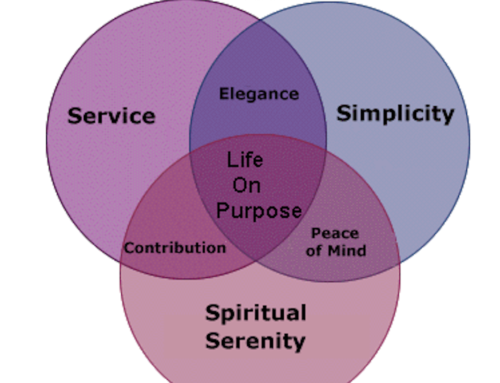Player Psychology: The Connection Between Coaching and Strategies in Online Gaming
The world of online gaming requires much more than luck; it demands a blend of psychology, discipline, and strategy. Similar to coaching, which encourages individuals to reach their full potential, gaming success involves clear goals, mental resilience, and effective feedback. This article explores how coaching principles can apply to online gaming, revealing valuable insights into how players can improve their performance and enjoy a more satisfying gaming experience.
The Role of Psychology in Gaming Success
La psicologia gioca un ruolo fondamentale nei giochi, specialmente nei giochi competitivi come il poker o i giochi di ruolo multiplayer. La capacità di regolare le emozioni, gestire gli impulsi e prendere decisioni ponderate è essenziale. Come afferma l’esperto Carlo Bianchi, “Queste abilità riflettono gli obiettivi del coaching, e piattaforme come https://begamestars.it/ permettono ai giocatori di sviluppare consapevolezza di sé e controllo emotivo per migliorarsi.”
Key psychological factors in gaming include:
- Emotional control: Regulating emotions allows players to make rational choices, even under pressure.
- Self-motivation: Like coaching, gaming requires motivation to practice regularly and develop skills.
- Focus and concentration: Staying focused on the game without distractions is vital for success.
Setting Goals and Developing Strategies
A foundational aspect of coaching is setting achievable goals. In gaming, players benefit from clear objectives, which help direct their focus and energy. Whether a player aims to master a new skill or reach a specific level, defined goals provide a sense of purpose and motivation.
-
Goal Setting
Setting specific, measurable goals helps players track their progress and stay engaged. For example, a player might aim to improve accuracy in a shooting game or increase their ranking in a strategy game. Goals encourage a growth mindset and help players recognize improvements over time. -
Strategic Planning
Both coaching and gaming benefit from well-thought-out strategies. In gaming, this involves understanding game mechanics, predicting opponents’ moves, and managing resources effectively. Reflecting on past performance can reveal areas for improvement and enhance decision-making skills.
The Importance of Resilience and Feedback
Resilience is a key focus in coaching, helping individuals stay committed despite challenges. In gaming, resilience is equally essential. Successful players often face setbacks but continue to push forward, learning from losses and adapting their strategies.
Effective feedback is another coaching principle that translates well to gaming. Players can improve by regularly reviewing their gameplay, observing more experienced players, or discussing tactics with others. Constructive feedback allows players to refine their strategies and develop confidence.
Mental Resilience and Confidence in Gaming
In coaching, mental resilience and confidence-building are essential traits. They’re equally beneficial in gaming, where confident players perform better under pressure and handle setbacks gracefully. Techniques like visualizing success, practicing mindfulness, and setting aside time for reflection can help build a positive mindset, making the gaming experience more enjoyable and sustainable.
Conclusion
The intersection of coaching principles and gaming strategies highlights how psychological techniques can enhance performance in online gaming. By applying concepts such as goal setting, strategic planning, and resilience, players can achieve a rewarding gaming experience that extends beyond entertainment. Embracing these principles promotes growth, improvement, and a deeper connection to the game, making each session both engaging and fulfilling.





Leave A Comment